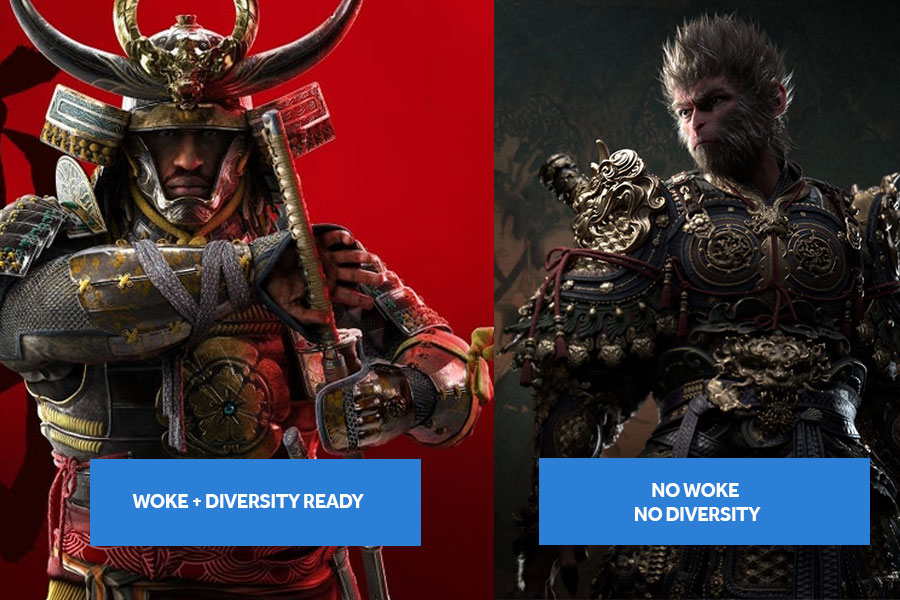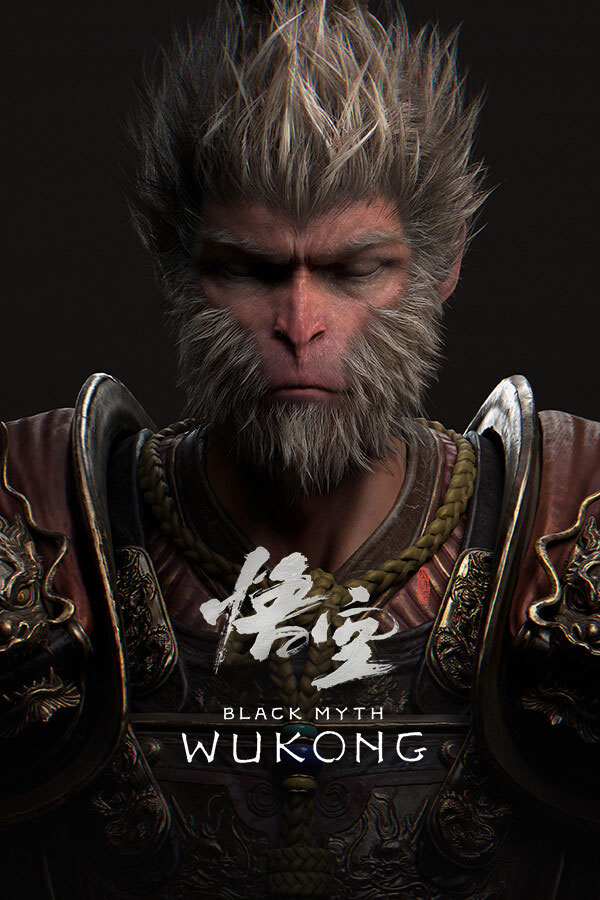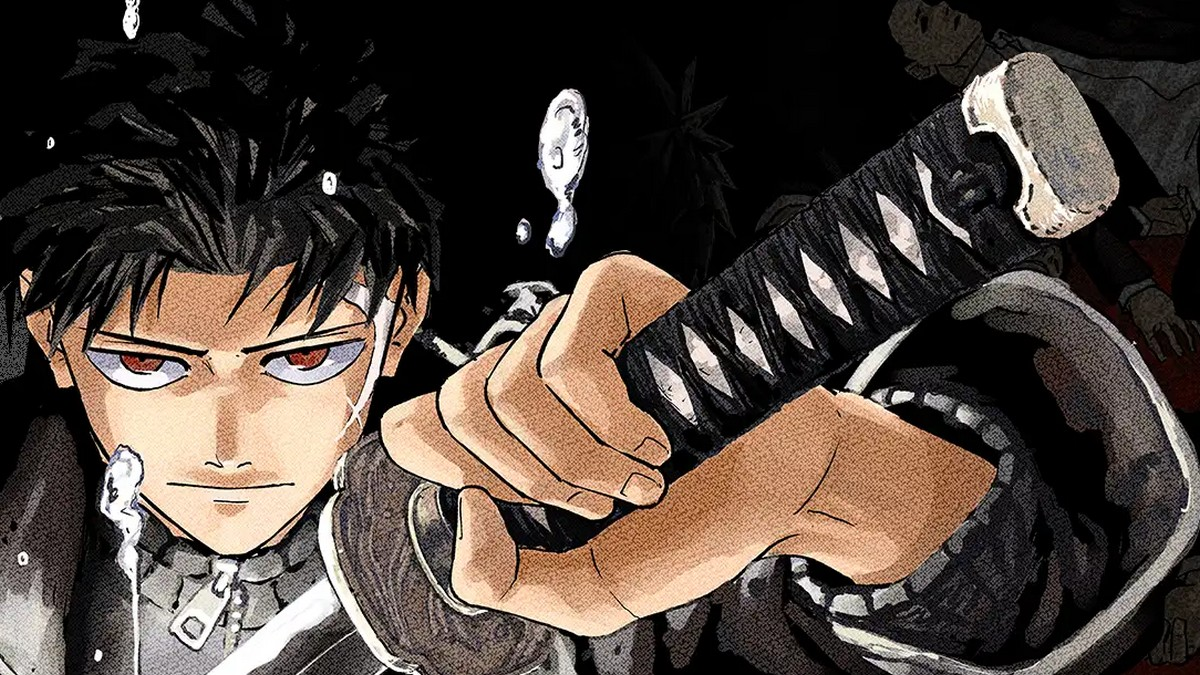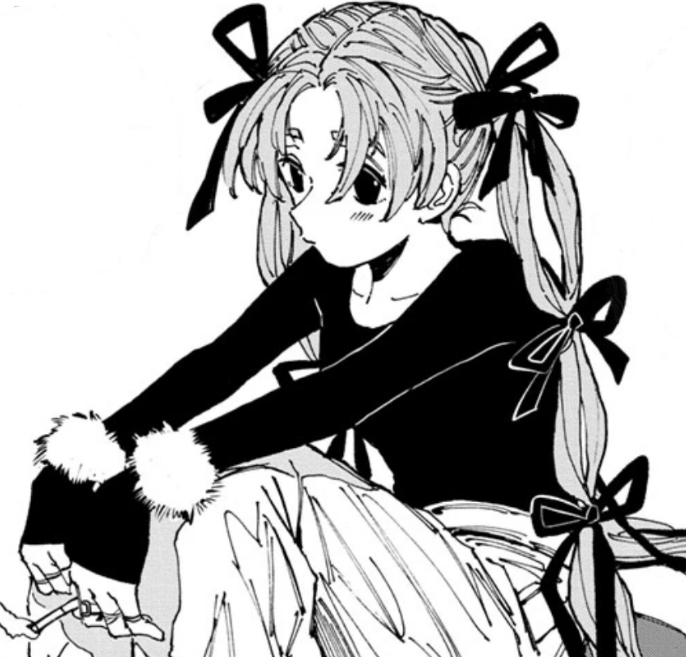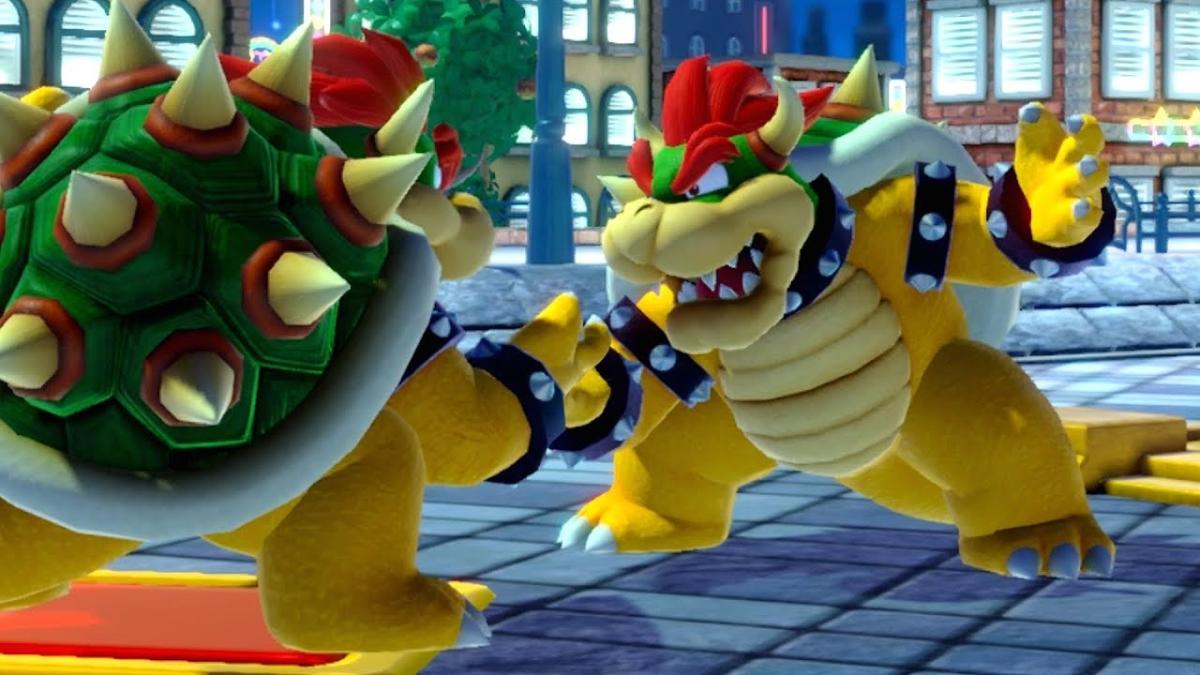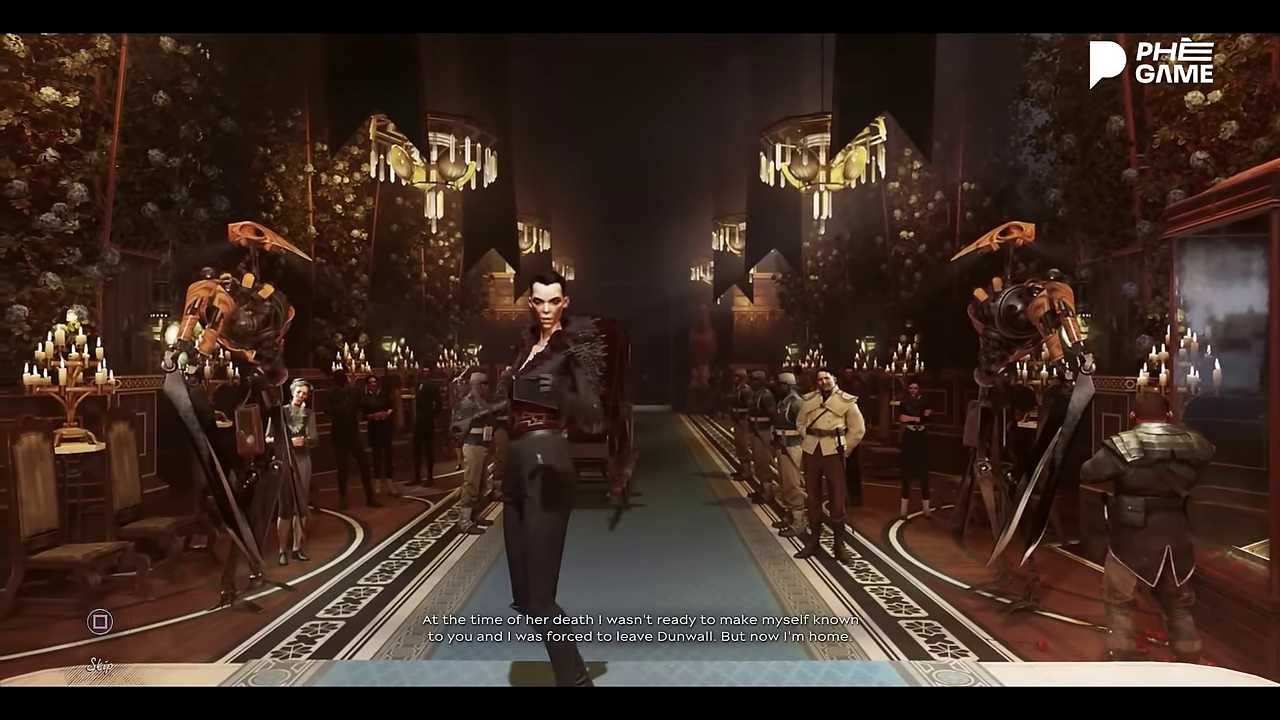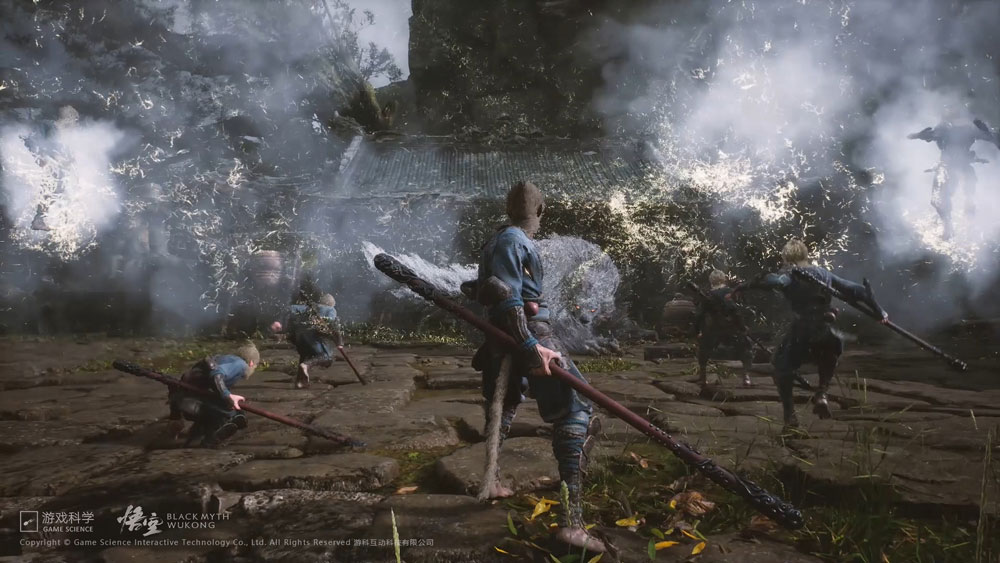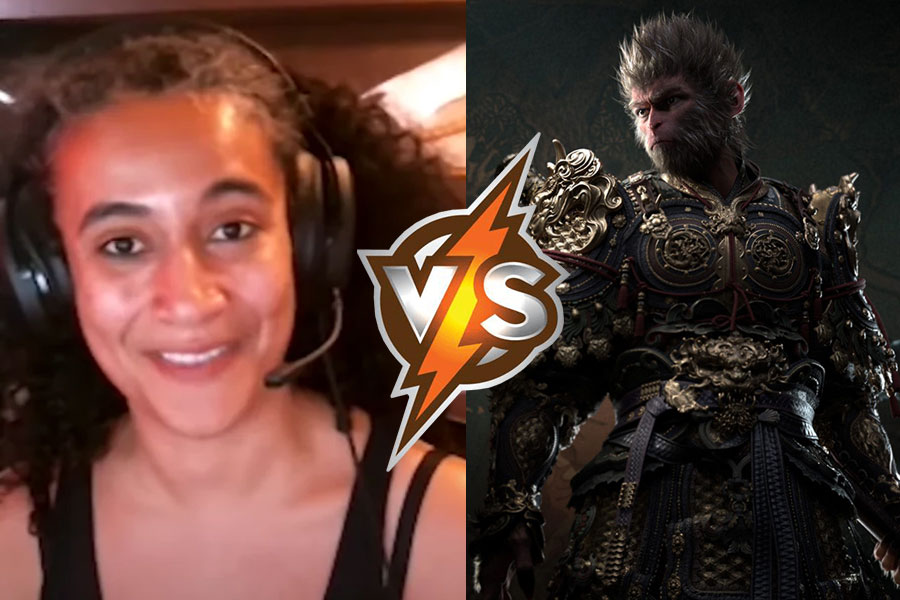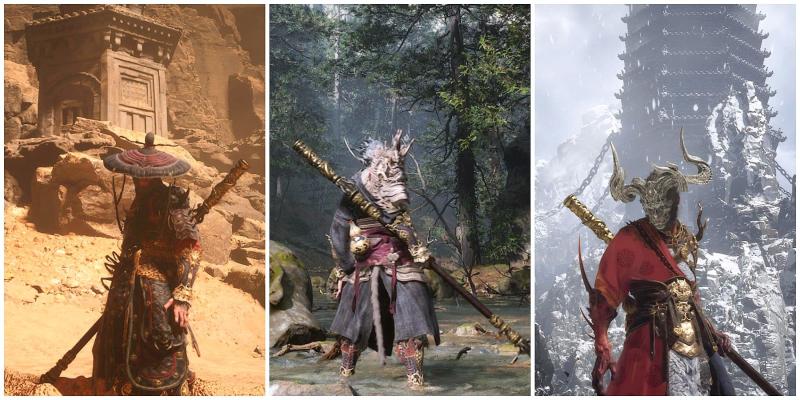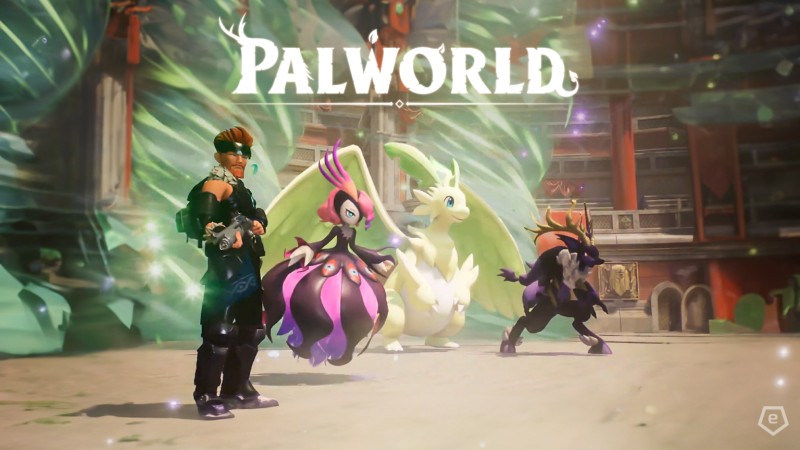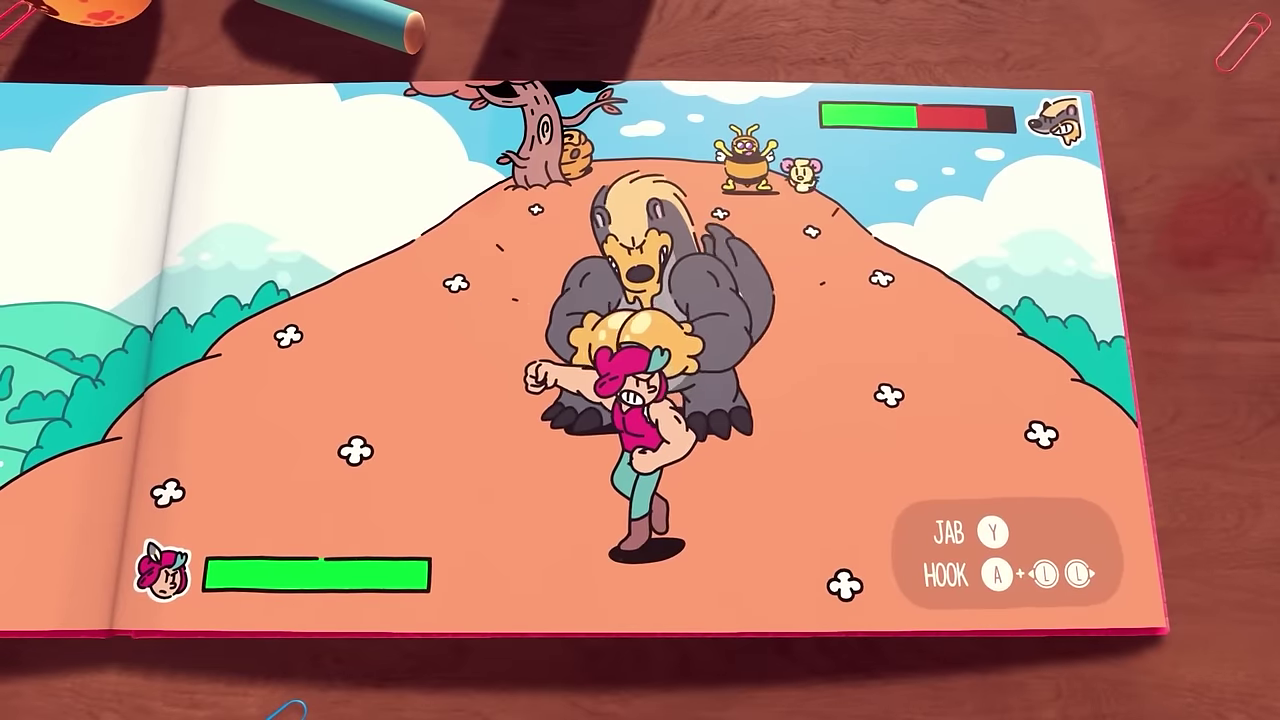From Black Myth Wukong and Assassin’s Creed Shadows: Do We Need Diversity in Games?
Gaming is such a wild ride these days, isn't it? We've come a long way from simple pixelated characters jumping over barrels to intricate, open-world adventures where we can be a Viking, a space explorer, or even a talking raccoon. But with all this progress comes a whole new set of discussions. One of the biggest ones right now? Diversity in games. You’ve seen it in titles like Black Myth: Wukong and Assassin’s Creed Shadows. Some people absolutely love the inclusivity, while others are... let’s just say, not so thrilled. So, do we really need diversity in video games?
Well, grab your snacks, because we’re about to dive into this.
The Big Debate Around Diversity in Gaming
First off, let’s clear the air a bit. Whenever we talk about "diversity" in gaming, a lot of people immediately think woke culture, forced representation, or political correctness. Ugh, these terms are thrown around so much that they’ve lost a lot of their actual meaning. But at the core, diversity is really just about seeing a broader range of characters, stories, and backgrounds in the games we play. It’s about giving us different perspectives—maybe ones we haven’t seen before.
And guess what? This isn't something new! Games have been experimenting with diverse characters and stories for years. But now, with modern social movements and more global awareness, the conversation has become a lot louder.
But why is this such a big deal? Let me paint you a picture.
Imagine booting up a game only to see a character that looks like you, talks like you, or shares a similar background. It feels pretty good, right? It gives you a sense that you belong in that universe. That’s what diversity does for a lot of players. It’s a way to connect with a game on a deeper, more personal level.
But some people argue that diversity feels forced—like developers are ticking boxes rather than crafting genuine stories. So, let’s look at some specific examples to see where this all fits in.
Black Myth: Wukong – A Cultural Powerhouse or Just Another Game?
Let’s start with Black Myth: Wukong. This game blew up in 2020 with its jaw-dropping (oops, I said I wouldn’t use that word, but come on, that trailer was insane) visuals and action-packed combat. It’s based on Journey to the West, a classic Chinese novel that’s been retold in various forms for centuries. Finally, a game that actually taps into Chinese mythology and culture without just being a generic kung-fu flick. And man, did this make waves!

Who care about diversity in a mythical game?
What’s cool about it? Well, for one, it’s not your typical Western fantasy. You’re not playing as a knight or a wizard. You’re the freakin’ Monkey King, Sun Wukong! The game dives deep into Chinese folklore, which is refreshing when most games tend to stick to the same old medieval or sci-fi settings.
But here’s the thing: Some players—especially in the West—have thrown around accusations of anti-wokeness because the game doesn’t feature the kind of diversity they’re used to. You know, the inclusion of different races, genders, or sexualities. Really? We’re talking about a game rooted in Chinese mythology, and people are mad it doesn’t have a more diverse cast? Look, I get it. We’re in an era where diversity is important, and I totally agree that it should be a priority in a lot of games. But not every game needs to be a melting pot of cultures.
When we’re playing Black Myth: Wukong, we’re stepping into a culturally specific world. And honestly, that’s a kind of diversity too! We don’t always need to see a Westernized version of diversity. Sometimes, it’s about exploring a different culture in its entirety—warts and all.
But let’s not ignore the criticisms either. The developers have had some problematic past statements, especially regarding gender representation. So, while they’ve nailed the cultural aspect of the game, it’s fair to say they could do better when it comes to inclusivity in other areas.
Assassin’s Creed Shadows – Yasuke and Naoe: Bold Moves or Tokenism?
Now, let’s switch gears to Ubisoft’s Assassin’s Creed Shadows. This one was set to be a banger, right? A game set in feudal Japan, which fans have been begging for since... forever. Finally, we get to be a samurai assassin! But oh boy, did this game stir the pot.

Assassin creed shadows black samurai with hip-hop music: all for Janpanese culture?
You’ve got two protagonists here: Yasuke, an African samurai (yes, he was a real dude), and Naoe, a Japanese female shinobi. On paper, this sounds awesome. I mean, how often do we get to explore feudal Japan through the eyes of a historically significant African samurai? Plus, Naoe is a badass shinobi—what’s not to love?

Yasuke Slash pnc and call him self justice in Assassin Creed Shadows
Well, the internet sure had some thoughts. Some fans were mad, claiming that including Yasuke was historical revisionism or that it was Ubisoft trying to be too "woke." It’s strange because Yasuke was a real historical figure, but people still thought Ubisoft was pushing a political agenda by giving him a starring role. Sigh, you can’t win sometimes, can you?
On the flip side, you’ve got players who are pumped about this—especially gamers of color who rarely see themselves represented in historical games like this. Yasuke’s story is fascinating, and it’s about time someone told it in a high-budget title like Assassin’s Creed.
But does it feel forced? Here’s where I’m torn.
I love the idea of Yasuke as a character because his story deserves to be told. But I also get why some fans feel like Ubisoft is just doing this to tick diversity boxes. The problem isn’t that Yasuke’s in the game—the problem is how he’s written and integrated into the world. If his character feels shallow or like a token, then yeah, it’s going to feel forced. That’s not a diversity issue; that’s bad storytelling.
Forced Diversity vs. Authentic Inclusion
So, here’s where the big debate really lies: When does diversity feel authentic, and when does it feel forced?
Honestly, it’s a tricky line to walk. On one hand, we want games to reflect the diverse world we live in. There’s no reason we shouldn’t have characters of different races, genders, and sexualities in our games. But on the other hand, when it feels like developers are just throwing in characters to meet a quota, it can feel disingenuous.
Let’s get one thing straight: Diversity isn’t the problem. The issue is when it’s done poorly. If you add diverse characters but don’t give them depth, motivations, or a real place in the story, then yeah, it’s going to feel forced. But when representation is done right? When it’s woven into the narrative in a way that feels natural? That’s when you hit the sweet spot.
For example, look at games like The Last of Us Part II. Ellie being a lesbian isn’t a big deal because it’s not the point of her character. It’s just a part of who she is, and the game doesn’t make a huge deal of it. It’s subtle, it’s natural, and it works. Compare that to other games where characters are defined solely by their gender or sexuality, and you can see why it feels forced.
Why We Need Diversity in Games (But Not Like You Think)
So, do we need diversity in games? Hell yes, we do. But not just for the sake of it.
We need diversity because gaming is for everyone. Whether you’re a straight white dude, a queer person of color, or someone who doesn’t fit into any box, games should be a space where you can see yourself represented. But it’s not just about seeing characters that look like you—it’s about experiencing stories from different perspectives.
Games are an art form. They’re about telling stories, exploring worlds, and becoming someone else for a little while. And the more diverse those stories are, the richer the experience becomes.
That’s why I think games like Black Myth: Wukong and Assassin’s Creed Shadows are so important. They’re not perfect—far from it. But they’re opening the door to a broader range of stories and characters. They’re challenging the idea that every game needs to feature the same old white male protagonist. And that’s a good thing.
But at the same time, developers need to be careful. Diversity isn’t about ticking boxes—it’s about crafting characters and stories that feel genuine. If it feels like you’re just throwing in a token character to appease critics, gamers are going to see right through it.
Final Thoughts: Where Do We Go From Here?
At the end of the day, I’m all for more diversity in gaming. But it needs to be handled with care. Don’t just throw in a diverse cast and call it a day. Give us characters who are fleshed out, with real motivations and stories. Give us worlds that reflect the complexity and richness of the real world.
And for the love of all things gaming, stop making everything about “woke” or “anti-woke.” Let’s just enjoy the games, yeah? Whether you’re swinging a staff as Sun Wukong or sneaking around as Yasuke, at the end of the day, it’s all about having fun.
So, do we need diversity in games? Absolutely. But let’s make it meaningful. Let’s make it real. And most importantly, let’s make it fun.
What do you think? Does diversity make games better, or do you feel like it’s being forced? Let me know in the comments—I’d love to hear your thoughts!
